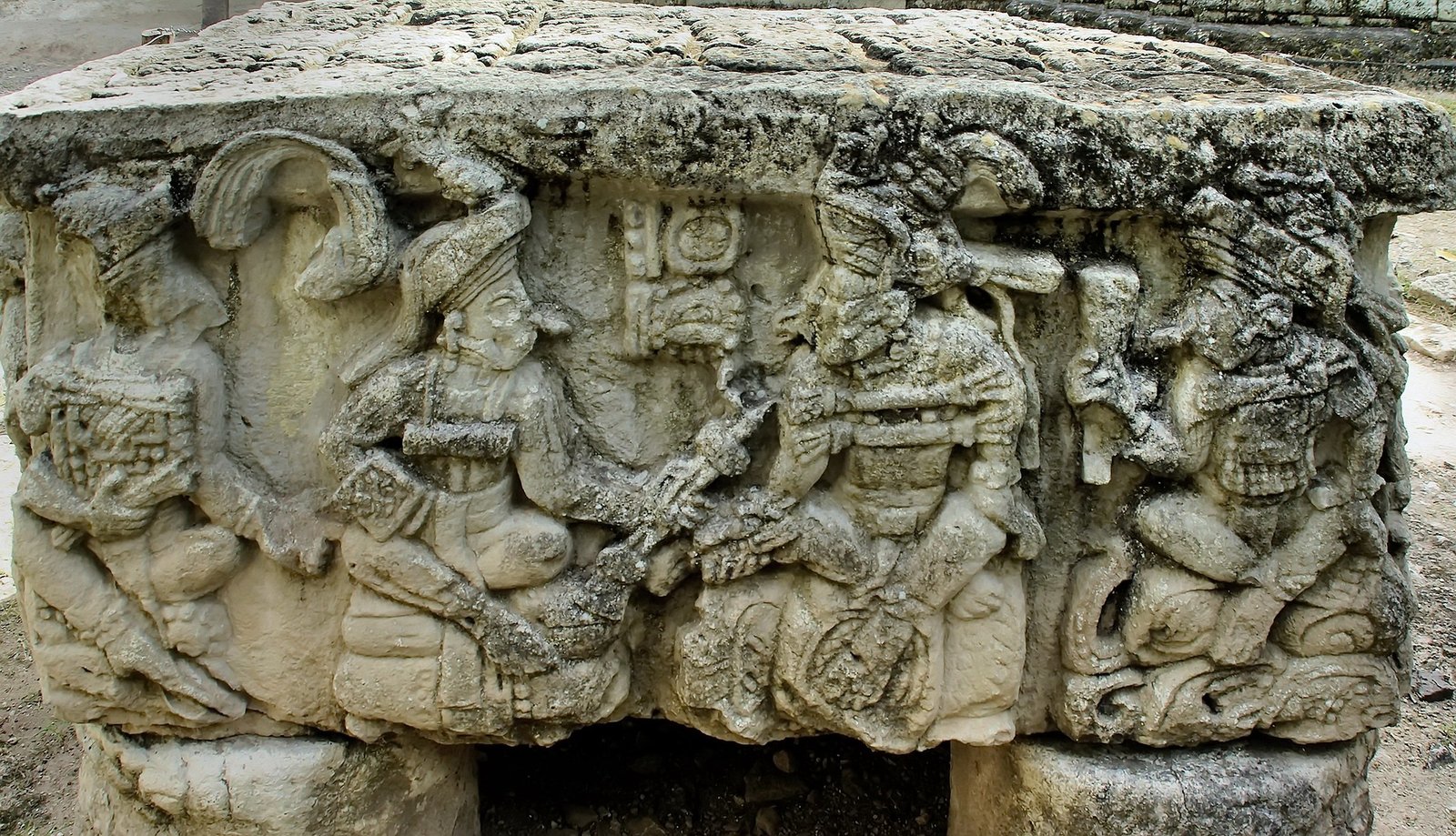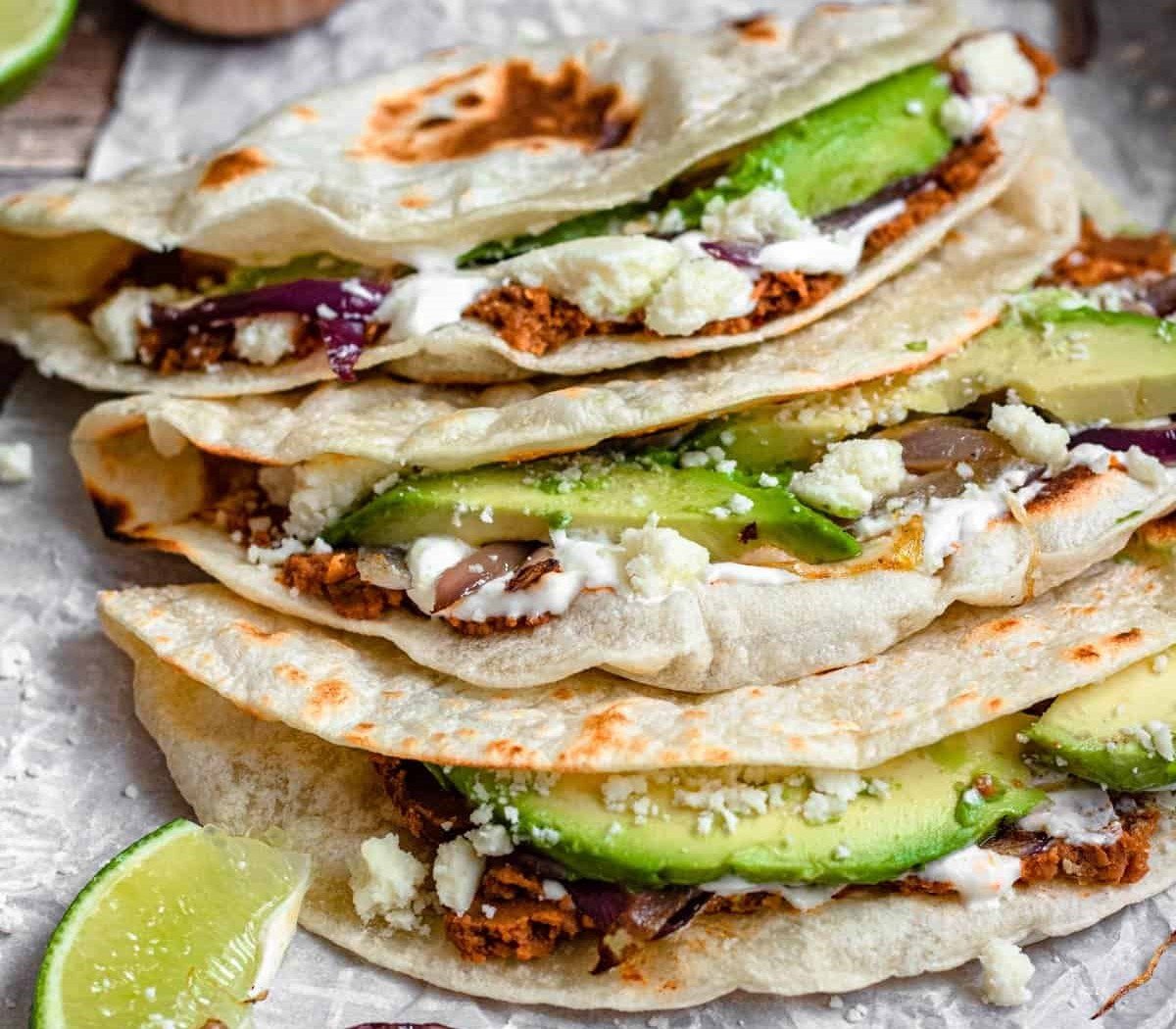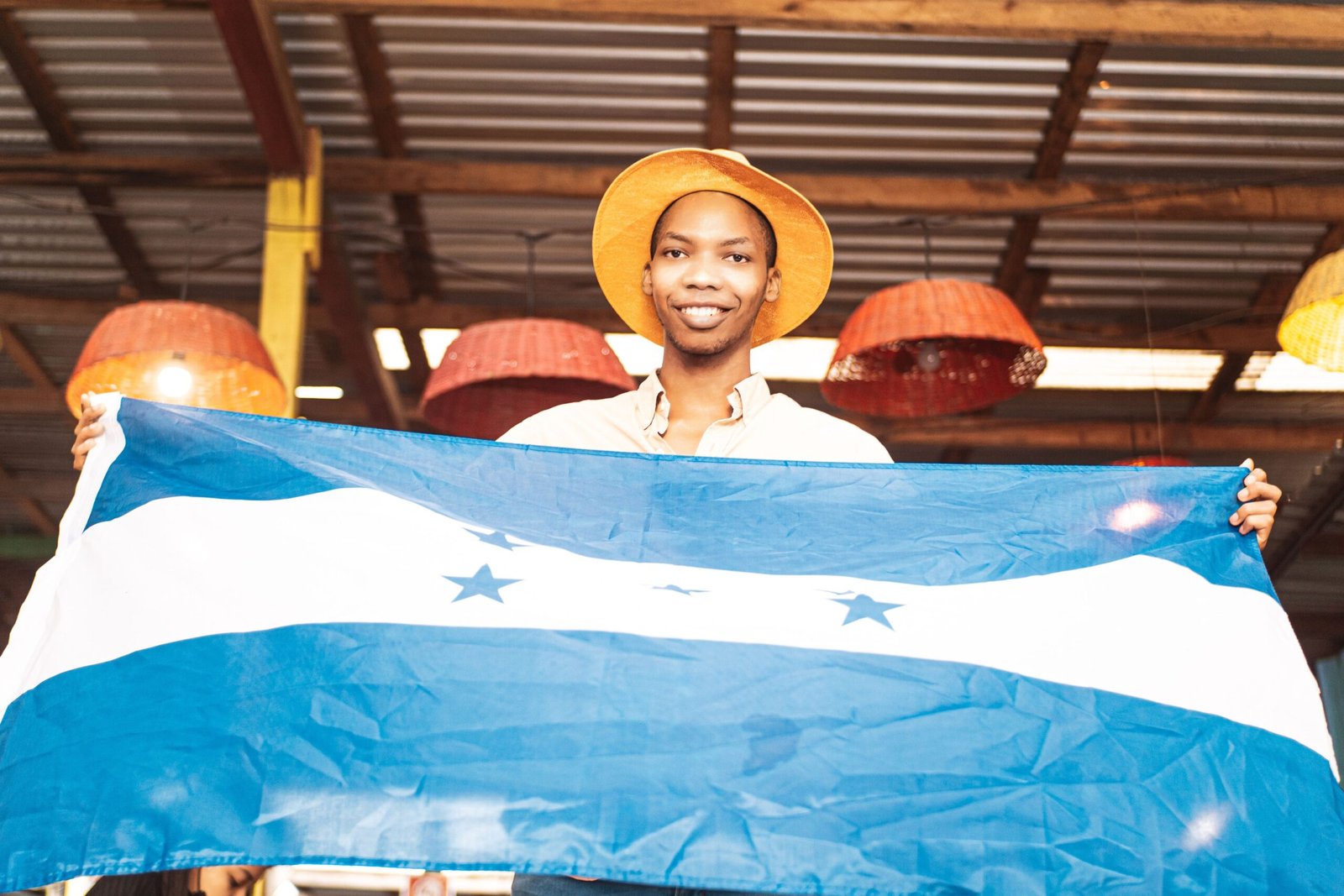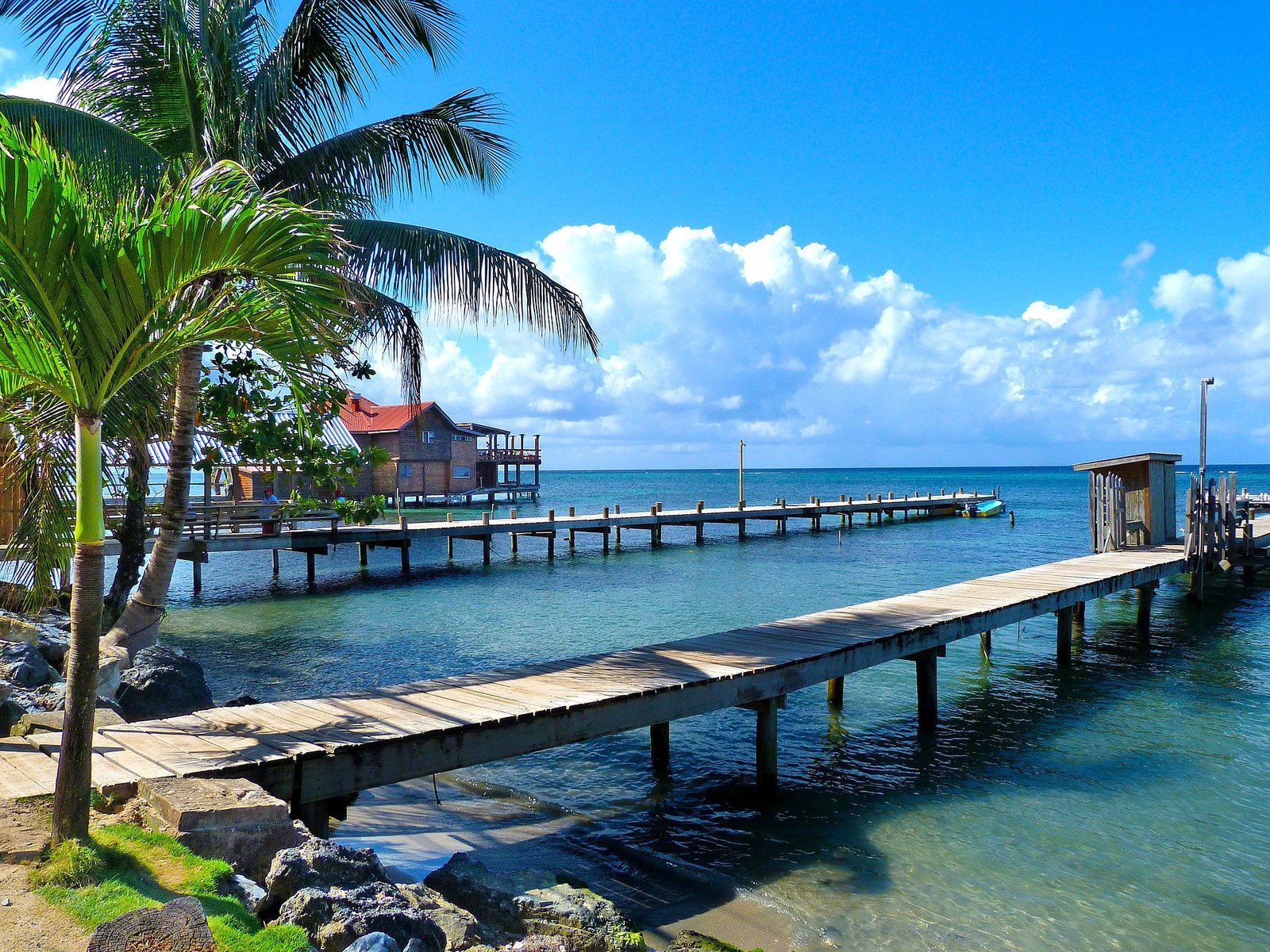 Teach English in Honduras
Teach English in HondurasTeaching English in Honduras offers a unique opportunity to make a meaningful impact while experiencing the vibrant culture of Central America. By helping students learn English, you empower them with essential skills that can open doors to better education, employment, and global connections. Beyond the classroom, you’ll immerse yourself in the warmth and hospitality of Honduran communities, explore beautiful landscapes, and gain a deeper understanding of the world. Whether you’re looking to develop your teaching skills or contribute to positive change, teaching English in Honduras is a rewarding and life-changing experience.
Tegucigalpa, the capital of Honduras, is a bustling city nestled in a valley surrounded by mountains. Known for its colonial architecture and vibrant markets, Tegucigalpa offers a blend of historic charm and modern development. The city is the political and cultural heart of the country, with landmarks like the National Cathedral and the picturesque Parque Central, as well as a growing arts scene and lively neighbourhoods.
The city’s parks and green spaces, like La Leona Park and El Picacho, offer residents and visitors alike a place to relax and enjoy panoramic views of the city. Tegucigalpa is also a gateway to nearby natural attractions, including La Tigra National Park, a cloud forest located just a short drive away, offering hiking trails and rich biodiversity.
With a growing population and ongoing development, Tegucigalpa continues to evolve, balancing its rich history with the demands of modern urban life. The city’s unique blend of culture, history, and natural beauty makes it an intriguing destination for those looking to experience the heart of Honduras.

Image by Dezlab
Copán Ruins: Explore the ancient Mayan city of Copán, a UNESCO World Heritage Site known for its intricate stone carvings, hieroglyphic stairway, and impressive pyramids.
Roatán Island: Visit Roatán, part of the Bay Islands, famous for its white-sand beaches, crystal-clear waters, and world-class snorkelling and diving on the Mesoamerican Barrier Reef.
Pico Bonito National Park: Hike through this lush national park near La Ceiba, which offers diverse wildlife, waterfalls, and opportunities for birdwatching and river rafting.
Lake Yojoa: Enjoy the natural beauty of Lake Yojoa, the largest lake in Honduras, ideal for fishing, birdwatching, and visiting nearby waterfalls like Pulhapanzak.
La Tigra National Park: Explore the cloud forests of La Tigra, located near Tegucigalpa, where you can hike scenic trails and encounter a variety of flora and fauna.

Image by Michelle Raponi
Utila Island: Dive into the waters of Utila, another Bay Island known for its affordable scuba diving courses, vibrant coral reefs, and the chance to spot whale sharks.
Gracias: Visit the colonial town of Gracias, rich in history and surrounded by natural beauty. It’s close to Celaque National Park, home to the highest peak in Honduras.
Cayos Cochinos: Discover the Cayos Cochinos, a group of small islands and cays in the Caribbean Sea, perfect for snorkelling, diving, and experiencing the Garífuna culture.
Tela: Relax on the beaches of Tela, a coastal town known for its beautiful shorelines, botanical gardens, and proximity to Jeanette Kawas National Park.
Santa Rosa de Copán: Explore the charming town of Santa Rosa de Copán, known for its well-preserved colonial architecture, coffee farms, and vibrant cultural scene.

Image by Foreign Fork
Honduran cuisine is a flavourful blend of indigenous, Spanish, and African influences, characterized by the use of fresh ingredients, vibrant spices, and diverse cooking techniques. Here are five unique Honduran food items that showcase the country’s culinary heritage:
Baleadas: A quintessential Honduran dish, baleadas are thick, homemade flour tortillas typically filled with refried red beans, crumbled cheese, and cream. Additional fillings like scrambled eggs, avocado, or meat can be added, making them a versatile and satisfying meal for any time of day.
Sopa de Caracol: This traditional Honduran conch soup is a rich, creamy dish made with tender conch meat, coconut milk, plantains, yuca, and spices. Sopa de Caracol is a beloved coastal dish that embodies the flavours of the Caribbean with its savoury, aromatic broth.
Tapado Olanchano: Originating from the Olancho region, Tapado Olanchano is a hearty stew made with beef, pork, and sometimes chicken, cooked with a variety of vegetables like yuca, plantains, corn, and green bananas. The stew is seasoned with local spices and herbs, resulting in a comforting and flavourful dish.
Mondongo Soup: Mondongo is a traditional Honduran soup made from tripe (cow stomach) simmered with vegetables such as yuca, carrots, and potatoes. The broth is often thickened with ground corn and flavoured with garlic, cilantro, and spices. It’s a popular dish often enjoyed during special occasions.
Yuca con Chicharrón: A popular street food, Yuca con Chicharrón consists of fried or boiled yuca (cassava) served with crispy, fried pork belly or pork rinds (chicharrón). The dish is typically topped with a tangy cabbage slaw, pickled onions, and a splash of lime juice, creating a delicious contrast of flavours and textures.

Honduran culture is a rich tapestry woven from indigenous, African, and Spanish influences, reflecting the country’s diverse heritage. The people of Honduras, known as Hondurans or “catrachos,” are known for their warmth, hospitality, and deep-rooted traditions. Here are 10 aspects of Honduran culture and people:
Family-Oriented Society: Family is central to Honduran life, with close-knit relationships extending to extended family members. Social gatherings and celebrations often revolve around family events.
Traditional Music and Dance: Punta is one of the most popular traditional music and dance forms in Honduras, originating from the Garífuna people. It features rhythmic drumming and fast-paced dance movements. Marimba and salsa are also widely enjoyed.
Garífuna Culture: The Garífuna people, descendants of African and indigenous Carib populations, have a significant cultural presence in Honduras, particularly along the Caribbean coast. They are known for their unique language, music, dance, and culinary traditions.
Religious Celebrations: Catholicism plays a major role in Honduran culture, with religious festivals like Semana Santa (Holy Week) being major events. During Semana Santa, cities like Comayagua are known for their elaborate processions and intricate street carpets made of coloured sawdust.
Indigenous Heritage: Honduras is home to several indigenous groups, including the Lenca, Miskito, and Pech, each with its own languages, customs, and traditions. The Lenca people, for example, are known for their pottery and traditional weaving.
Art and Handicrafts: Honduran artisans are skilled in creating a variety of handicrafts, including pottery, wood carvings, and textiles. The town of Valle de Ángeles is known for its artisan markets, where visitors can find handmade souvenirs.
Sports: Soccer (fútbol) is the most popular sport in Honduras, with passionate fans supporting local clubs and the national team, “La H.” The sport is a major part of social life, bringing communities together.
Hospitality: Hondurans are known for their friendliness and hospitality. Visitors are often welcomed warmly into homes and communities, with a strong emphasis on sharing food, stories, and traditions. This welcoming spirit is a hallmark of Honduran culture.

Image by Hans Schwarzkopf
All that is required to teach English in Honduras is a TESOL Certification, such as TESOL Australia’s exclusive International TESOL Certificate.
Teaching English in Honduras is a rewarding opportunity to make a lasting impact while immersing yourself in a rich and diverse culture. By helping students learn English, you empower them with skills that can open doors to better education, job opportunities, and global connections. Honduras offers a unique blend of history, natural beauty, and warm, welcoming communities. As an English teacher, you’ll not only contribute to positive change but also gain valuable experiences and friendships. Whether you’re passionate about education, travel, or cultural exchange, teaching English in Honduras is a fulfilling and transformative experience.